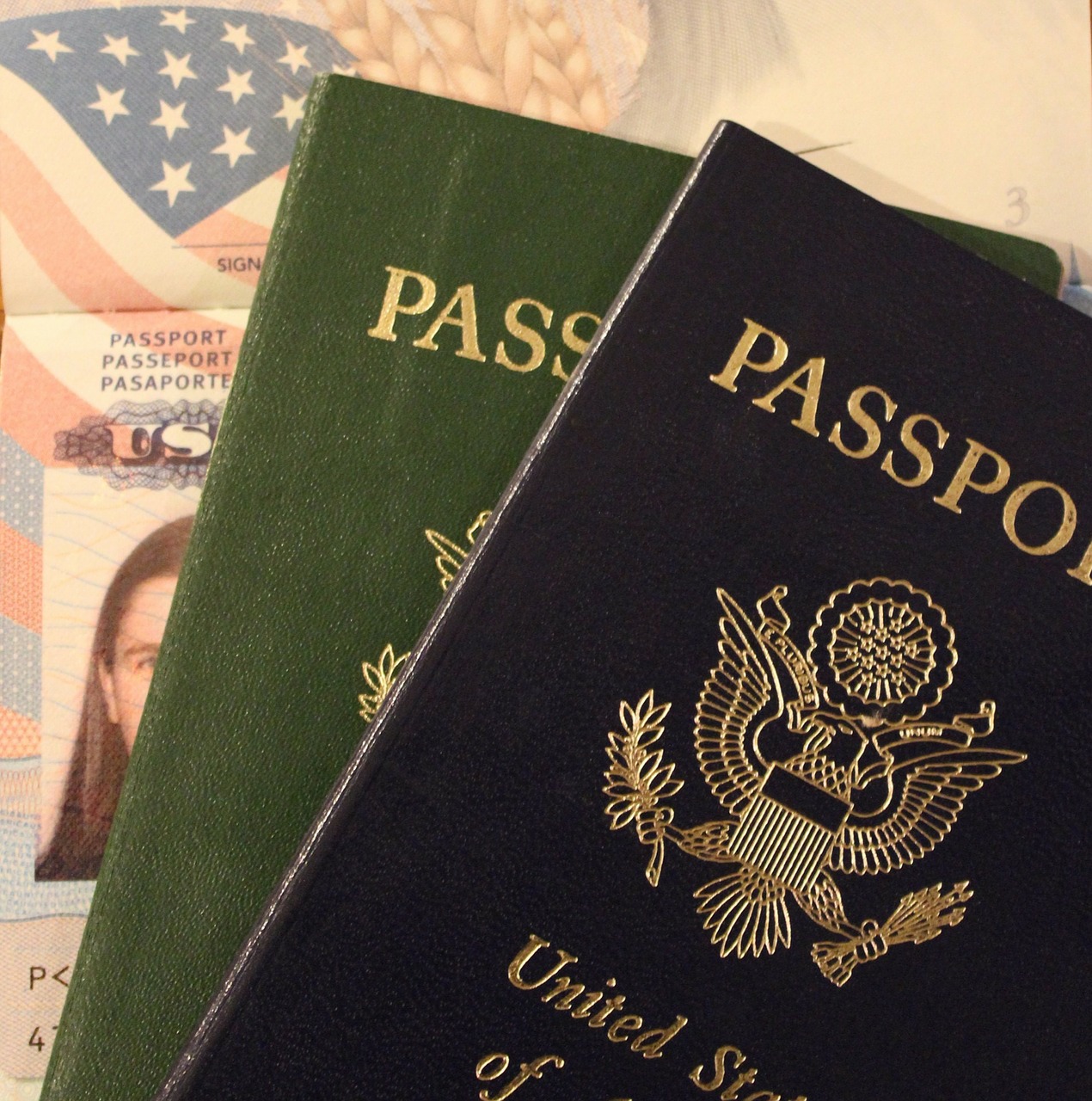LOS ANGELES — Sebastian Flores walked out of Al Salam Pollería with a free bag of white-feathered chicken heads.
Mr. Flores, 26, an immigrant and a regular customer of Al Salam, a Muslim, family-owned halal poultry shop, was driving home when he developed a craving for the treat. He was planning on sprinkling the chicken heads with poultry seasoning and roasting them in the oven, the way they did back home in Puebla, Mexico.
Customers like Mr. Flores are the lifeblood of Al Salam Pollería, a thriving shop that opened 28 years ago “by accident,” according to its founders. Abdul Elhawary and his brother-in-law, Safwat Elrabat, who died 12 years ago, opened the shop in East Los Angeles because the zoning there allowed the sale and on-site slaughter of live poultry, in accordance with their religion’s dietary requirements.
Animals must be killed according to Islamic law for their meat to be halal, a practice followed at the store only when a customer requests halal meat.
“Around 1989, when we found out that 90 percent of the customers are Latino and we only had 10 percent that are non-Latino, we changed the name in the business cards to Al Salam Pollería,” Mr. Elhawary said. Originally, it had been Al Salam Farms; “salaam” means peace in Arabic and “pollería” is poultry shop in Spanish.
Hussam Ayloush, executive director of the Los Angeles chapter of the Council on American-Islamic Relations, said Latinos and Muslims had many things in common.
Adrian Pantoja, a professor of politics and Chicano studies at Pitzer College in Claremont, Calif., said the family showcased the ways some of the city’s ethnic entrepreneurs had learned to adapt.
Mr. Flores, the customer with his bag of chicken heads, said he was a regular patron, and not just because of the quality of the food.
“Here they treat you well and they speak Spanish,” Mr. Flores said. “It’s good that they are willing to learn from another culture.”






